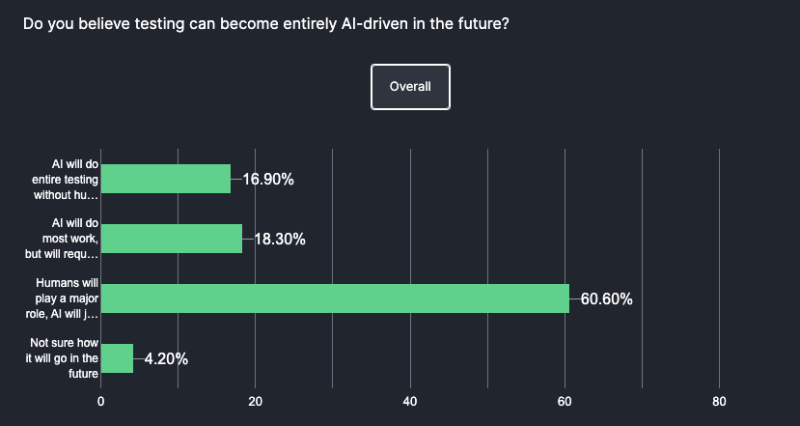Both OpenSUSE and Debian have their unique strengths and are suitable for different use cases. OpenSUSE is great for users looking for a flexible, user-friendly distribution with the option of cutting-edge software (Tumbleweed) or stability (Leap). Debian is ideal for those who prioritize stability, free software, and a wide range of available packages, making it especially suitable for **server **environments and users who prefer a minimalist setup.
Your choice between OpenSUSE and Debian will depend on your specific needs, preferences, and the environment in which you plan to use the distribution.
OpenSUSE
OpenSUSE is a free and open-source Linux distribution sponsored by SUSE. It targets developers, system administrators, and desktop users.
Editions:
OpenSUSE Leap: A regular-release version with a stable base, intended for users who prefer stability.
OpenSUSE Tumbleweed: A rolling-release version that provides the latest software updates continuously.
Features:
Package Management: Uses Zypper and YaST (Yet another Setup Tool) for package management and system administration.
Stability and Performance: Leap is known for its stability as it shares the same code base as SUSE Linux Enterprise (SLE). Tumbleweed offers cutting-edge software with frequent updates.
Community: OpenSUSE has a strong and active community that contributes to its development and provides support.
Flexibility: Suitable for a wide range of uses, including desktops, servers, and development environments.
YaST: YaST is a comprehensive system management tool that simplifies administration tasks.
Use Cases:
Development and Testing: Ideal for developers who need the latest software and tools.
Desktops: Suitable for desktop users who want a stable or rolling-release distribution.
Servers: Can be used for server environments, though SUSE Linux Enterprise is preferred for commercial support.
Debian
Debian is one of the oldest and most stable Linux distributions, maintained by a large community of volunteers. It emphasizes free software and offers a wide range of packages.
Release Models:
**Stable: **The main release, known for its stability and long support cycle.
Testing: The rolling-release branch where the next stable release is prepared.
Unstable (Sid): The development branch where new packages are introduced and tested.
Features:
Package Management: Uses APT (Advanced Package Tool) for package management.
Stability and Performance: Known for its rock-solid stability, especially in the stable release branch.
Community: One of the largest and most active communities, providing extensive documentation and support.
Software Availability: Offers one of the largest software repositories, making it easy to find and install software.
Free Software Philosophy: Strong commitment to free and open-source software principles.
Use Cases:
Servers: Widely used in server environments due to its stability and long-term support.
Desktops: Suitable for desktop users who prefer stability and a wide range of available software.
Development: Ideal for development environments due to its stability and extensive software repositories.
Key Differences:
Package Management and Administration:
OpenSUSE: Uses Zypper **and **YaST, the latter providing a user-friendly interface for system administration.
Debian: Uses APT, known for its simplicity and robustness. System administration is typically done via command line or third-party tools.
Release Model:
OpenSUSE: Offers both regular-release (Leap) and rolling-release (Tumbleweed) models.
Debian: Has stable, testing, and unstable branches, catering to different stability and update needs.
Community and Support:
OpenSUSE: Strong community support and SUSE’s commercial backing for SLE.
Debian: Very large and active community with extensive volunteer support.
Philosophy:
OpenSUSE: Practical and user-friendly, with a focus on providing tools like YaST for easy administration.
Debian: Strong emphasis on free software and stability.
Target Audience:
OpenSUSE: Developers, system administrators, and desktop users who need a flexible and user-friendly distribution.
Debian: Users and administrators who prioritize stability and free software, as well as those managing servers.










